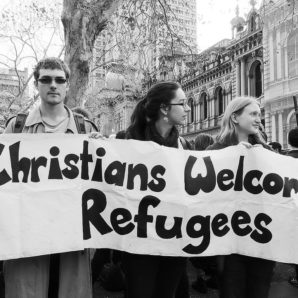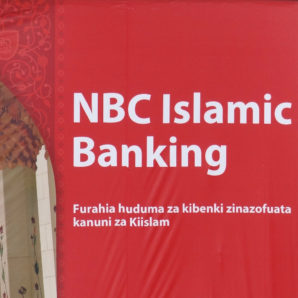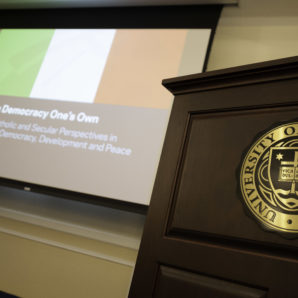
On the Advantage of Not Fitting In: Religious-National Identities as Border-Living
Only when the Balkans are considered as succumbing to neither Northern nor Southern theoretical or praxis-oriented frameworks, can we ensure that all ways of being and living locally are truly listened to.
Read More →
Only when the Balkans are considered as succumbing to neither Northern nor Southern theoretical or praxis-oriented frameworks, can we ensure that all ways of being and living locally are truly listened to.
Read More →



